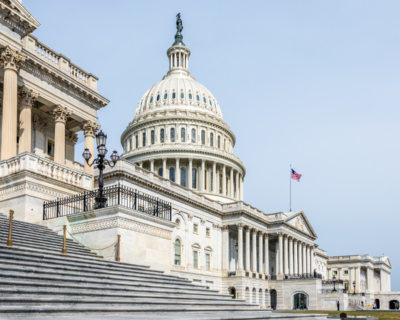Public-Private Partnerships that Target Criminal Recidivism Can Reduce Annual Corrections Costs, Study Shows
Florida Case Study Shows Annual Corrections Costs was Reduced by $71 million
In response to a series of reports The Pelican Institute put out that explores Louisiana’s on-going efforts to alleviate criminal-justice costs, Dr. Adrian Moore, Vice-President of the Reason Foundation, has a offered up some salient public policy proscriptions of own. His suggestions here are built around Public-Private Partnerships, which are described at length in a new policy brief.
PPP’s are essentially government contracts with private sector prison operators or service vendors to provide a range of correctional services—from financing, building and operating prisons to delivering a range of inmate services (e.g., health care, food, rehabilitation services) and administrative/operational support functions (e.g., facility maintenance, transportation and information technology).
This “new paradigm” could generate significant annual savings, according to the policy brief. In email to Pelican, Moore explained some of the key benefits attached to this new approach.
“Recidivism is the albatross around the neck of our correctional system,” he wrote. “Far too many individuals promptly return to crime once they leave prison–over 70% in California and over 50% in many other states. Reducing crime and managing the costs and performance of our criminal justice system demand that we find ways to reduce recidivism.”
“I am co-author of a new policy brief which outlines a concept designed to target recidivism and drive cost reduction via a bold, new approach: a continuum of care through public-private partnerships,” he continued. “Expanding the use of PPPs to create a continuum of care in corrections-one that follows offenders from intake, through prisons and into post-release services-would create a more integrated and coordinated system of programming and management to optimize reduction in recidivism while lowering costs. Which picked two regions in Florida as a case study, and calculate that shifting to a continuum of care PPP model could reduce the annual costs of correctional facility operation and community corrections by $71 million to $102 million per year. Over a 10-year time frame, this could add up to approximately $1 billion in potential savings. Other staes could see similar results. Read more here.”
As the Pelican Institute has previously reported, Gov. Bobby Jindal has proposed selling off state correctional facilities as a way to save costs. While some state officials have been critical of the idea, Michael Dailey, his policy director, said in an interview that state would in fact save money over the long term so long as the contracts were properly structured.




